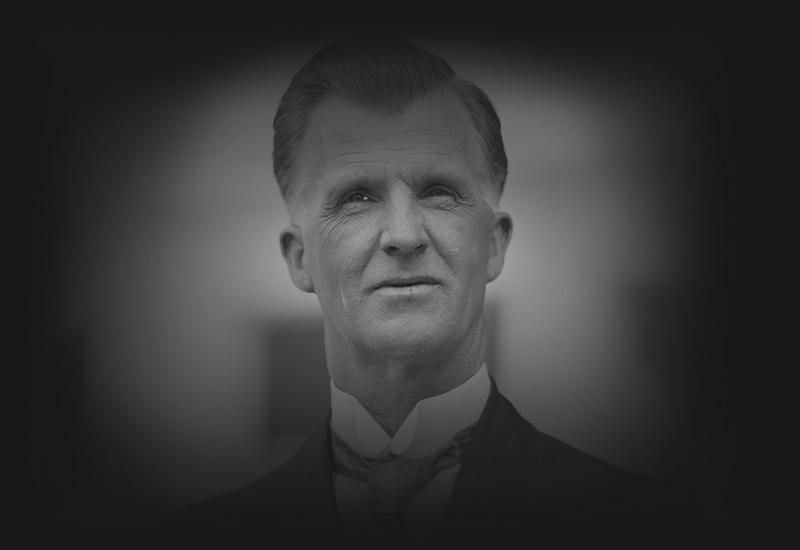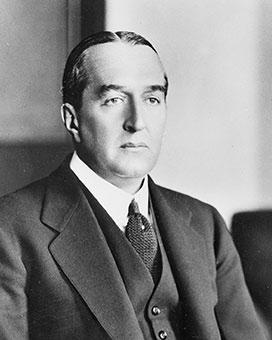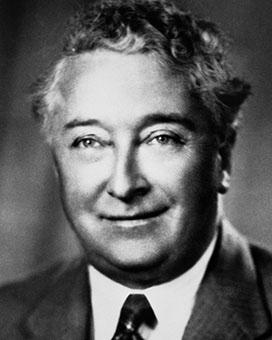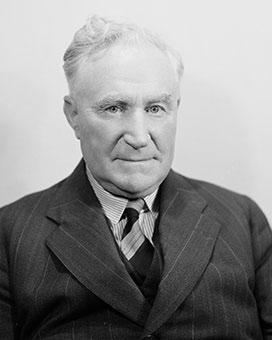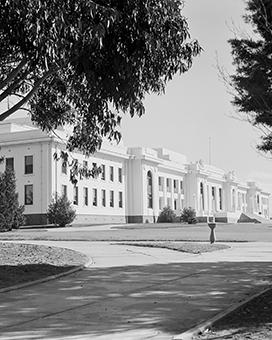James Henry Scullin remained in parliament for 17 years after losing government in 1931. He was Leader of the Opposition for 3 years until October 1935, when he resigned and John Curtin succeeded him. Scullin retired due to ill health in 1949.
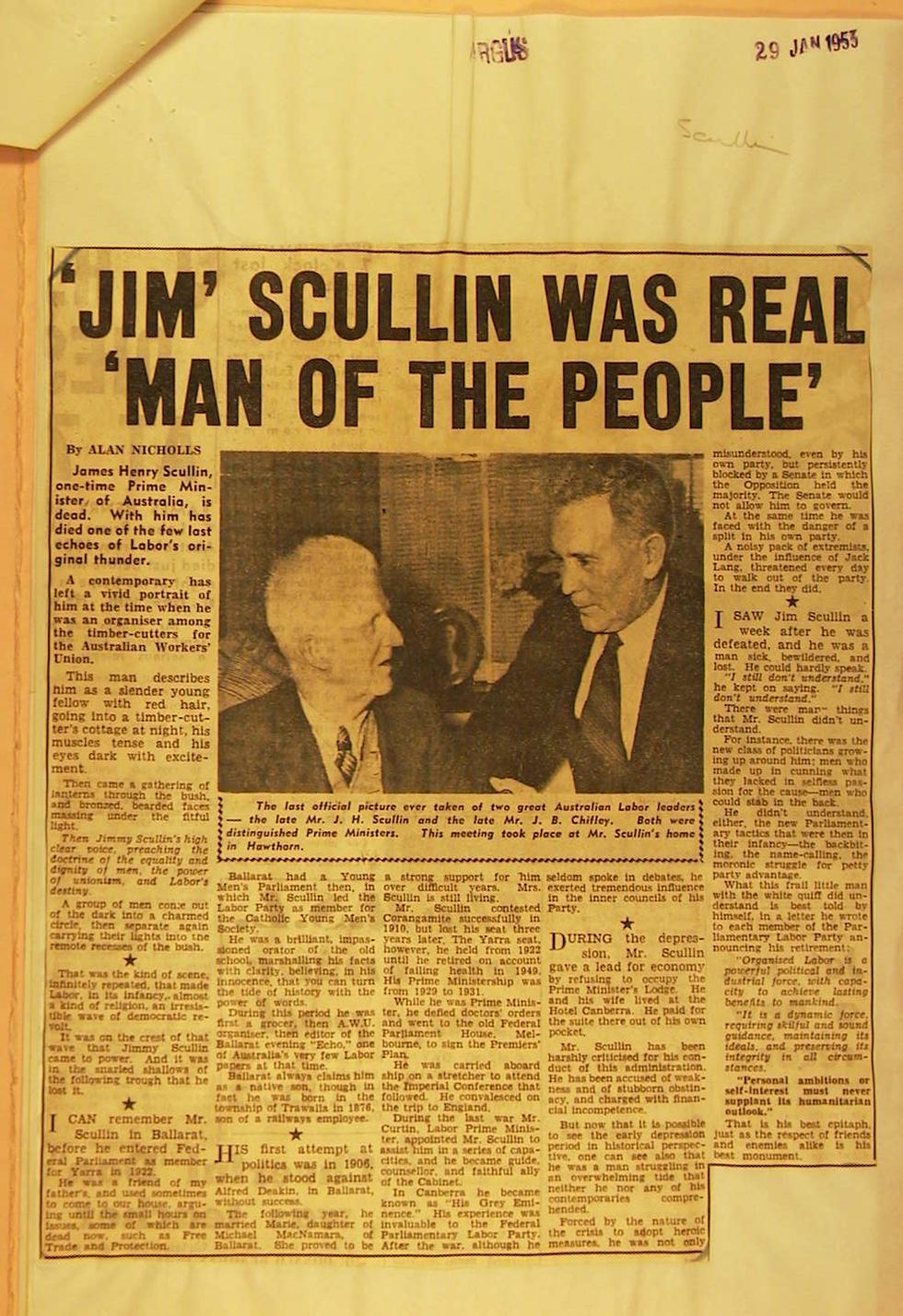
Although summed up as ‘a teetotal, non-smoking, budget pruner’, as Prime Minister, Scullin was the right man at the right time, saluted by the Argus on 29 January 1953. NAA: A5954, 2216/10, p.9
Scullin did not serve as a minister again, but was a close adviser to the Labor governments of John Curtin and Ben Chifley. In 1942, he served on the parliamentary committee on uniform taxation and on the wartime press advisory committee on censorship.
He was also an advocate of the Commonwealth Literary Fund, arguing in parliament in 1936 for an expansion from a pension fund to an enlarged program for making grants to support writers. When the government of Robert Menzies introduced this initiative in 1939 to provide annual fellowships for writers, publishing subsidies and funding for lecture tours on Australian literature, Scullin was appointed to the committee and served until 1947.
Scullin had several serious bouts of ill-health during his long parliamentary career. The onset of renal failure forced his retirement in December 1949, aged 73. Bedridden for much of his remaining years, Scullin died at his Hawthorn home on 28 January 1953.
Sources
- Denning, Warren, James Scullin, (with introduction by Frank Moorhouse), Black Inc., Melbourne, 2000.
- Robertson, John, JH Scullin: A Political Biography, University of Western Australia Press, Perth, 1975.
From the National Archives of Australia collection
- Condolences – Rt Hon. JH Scullin, 1953, NAA: A462, 860/2/68

